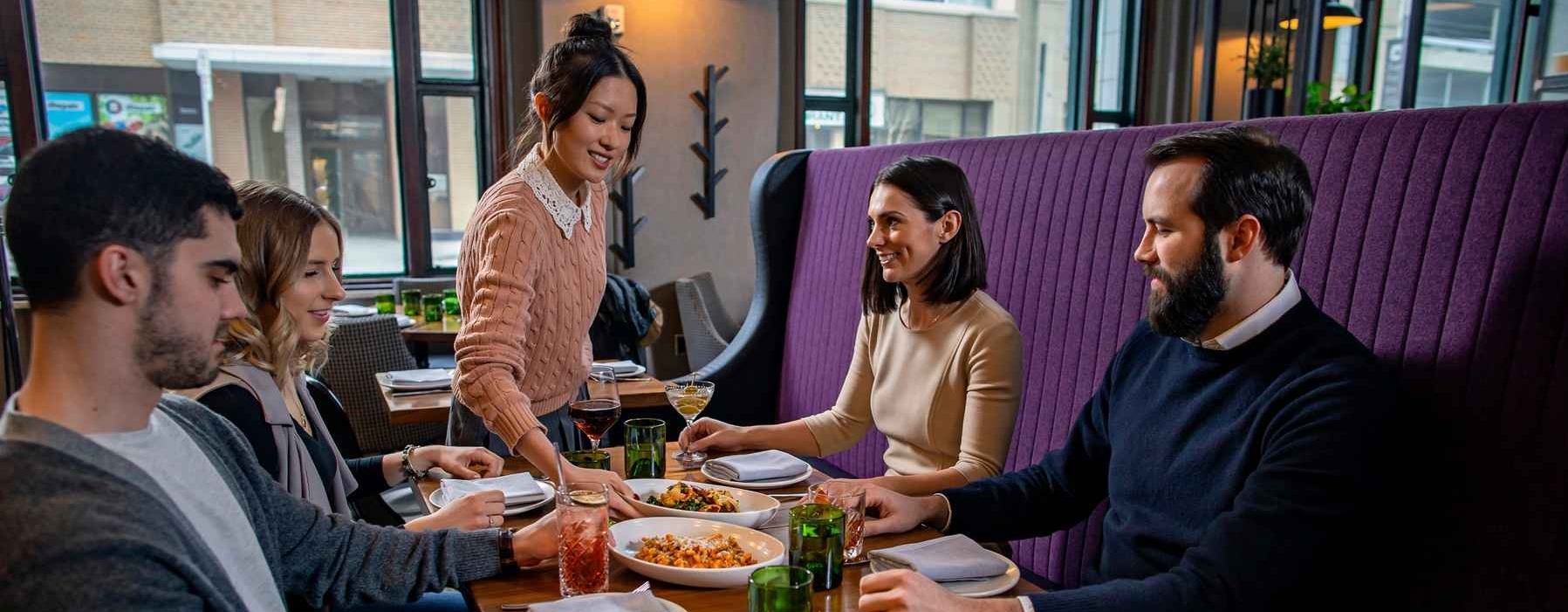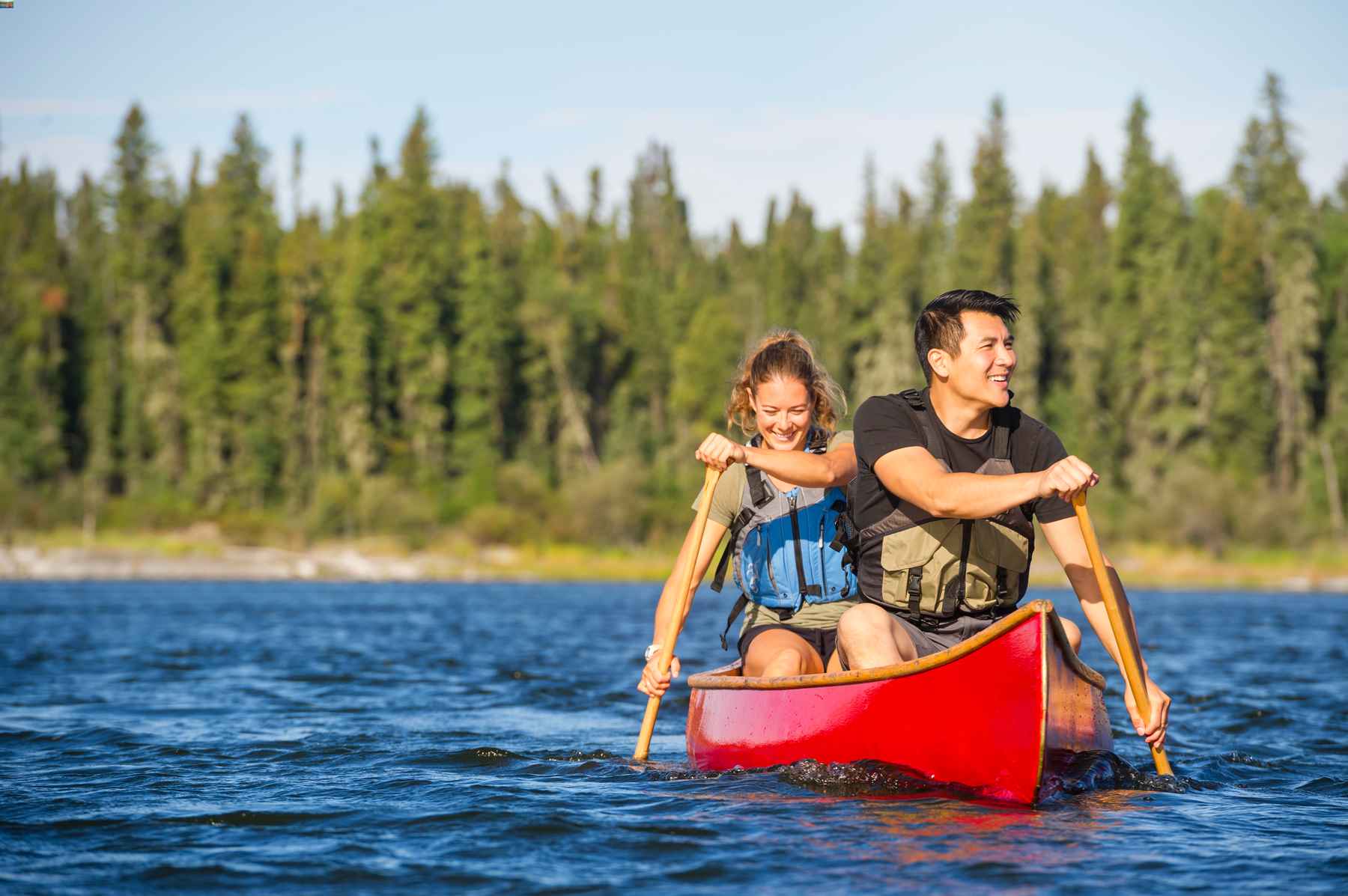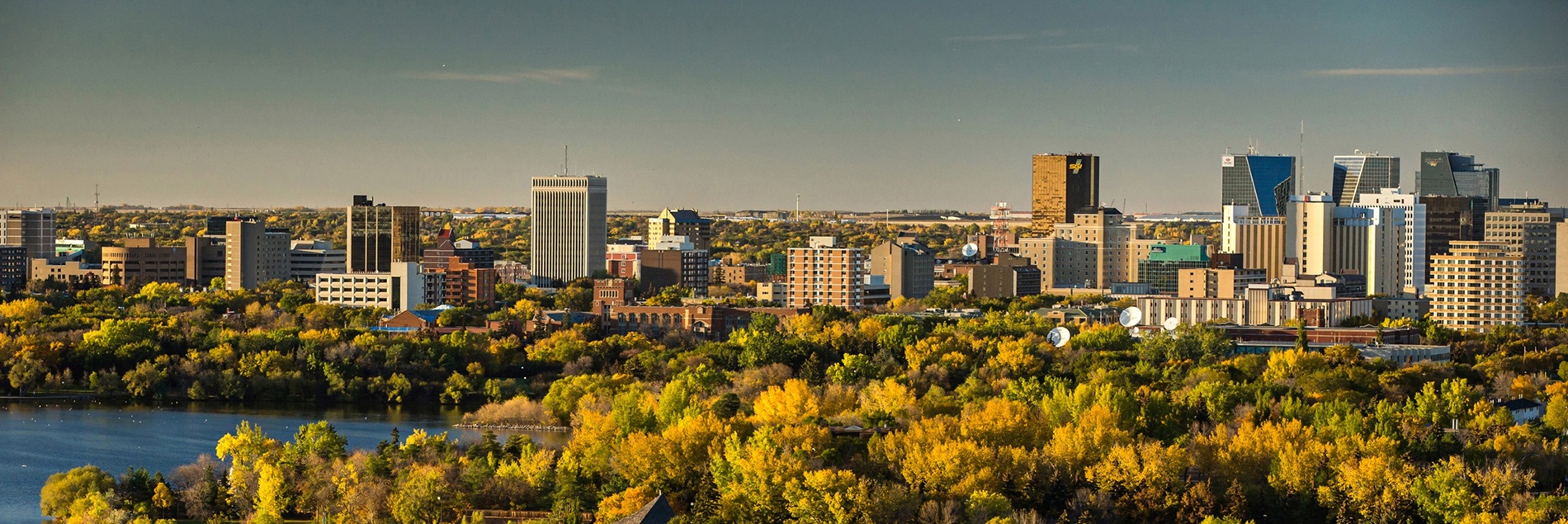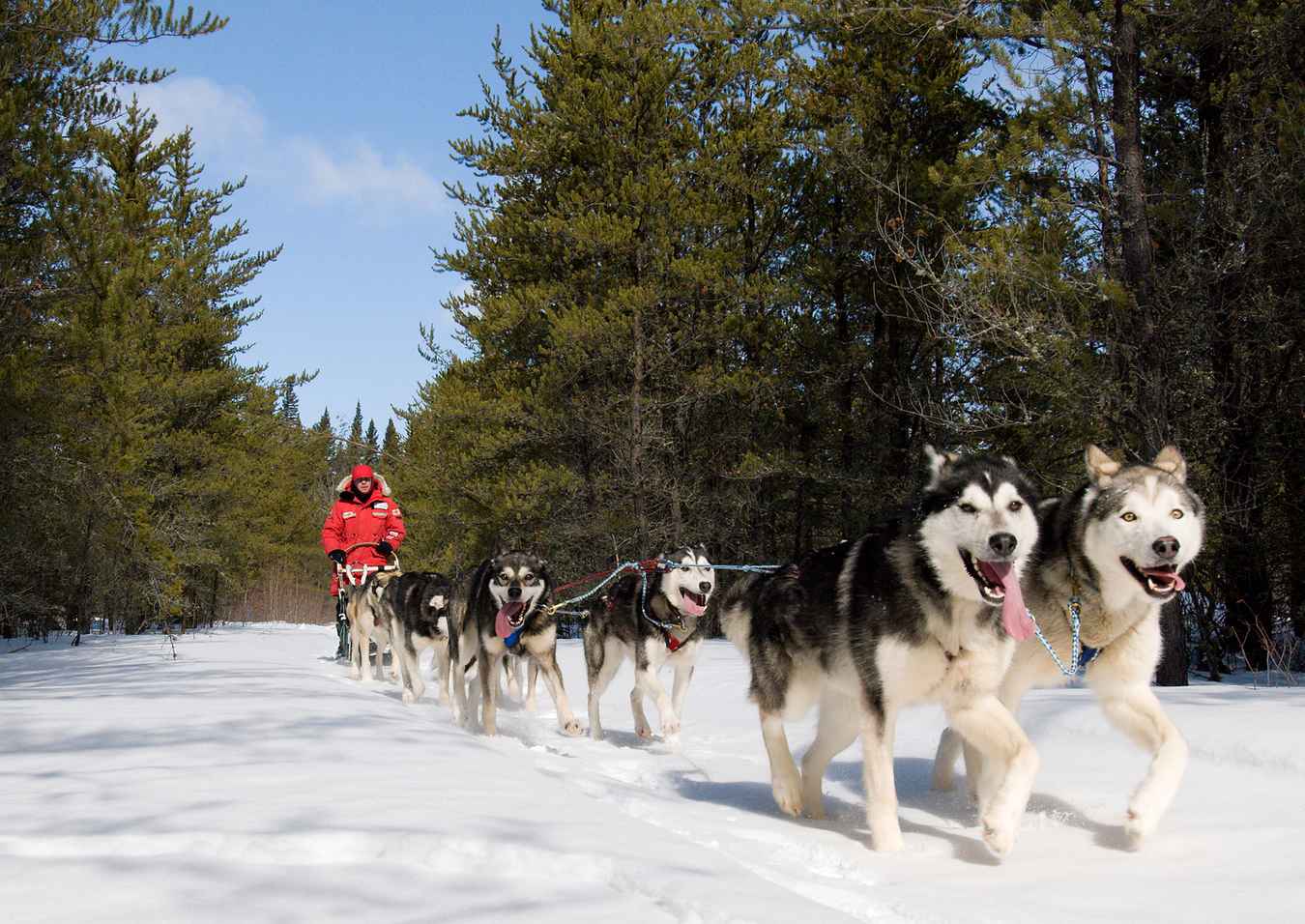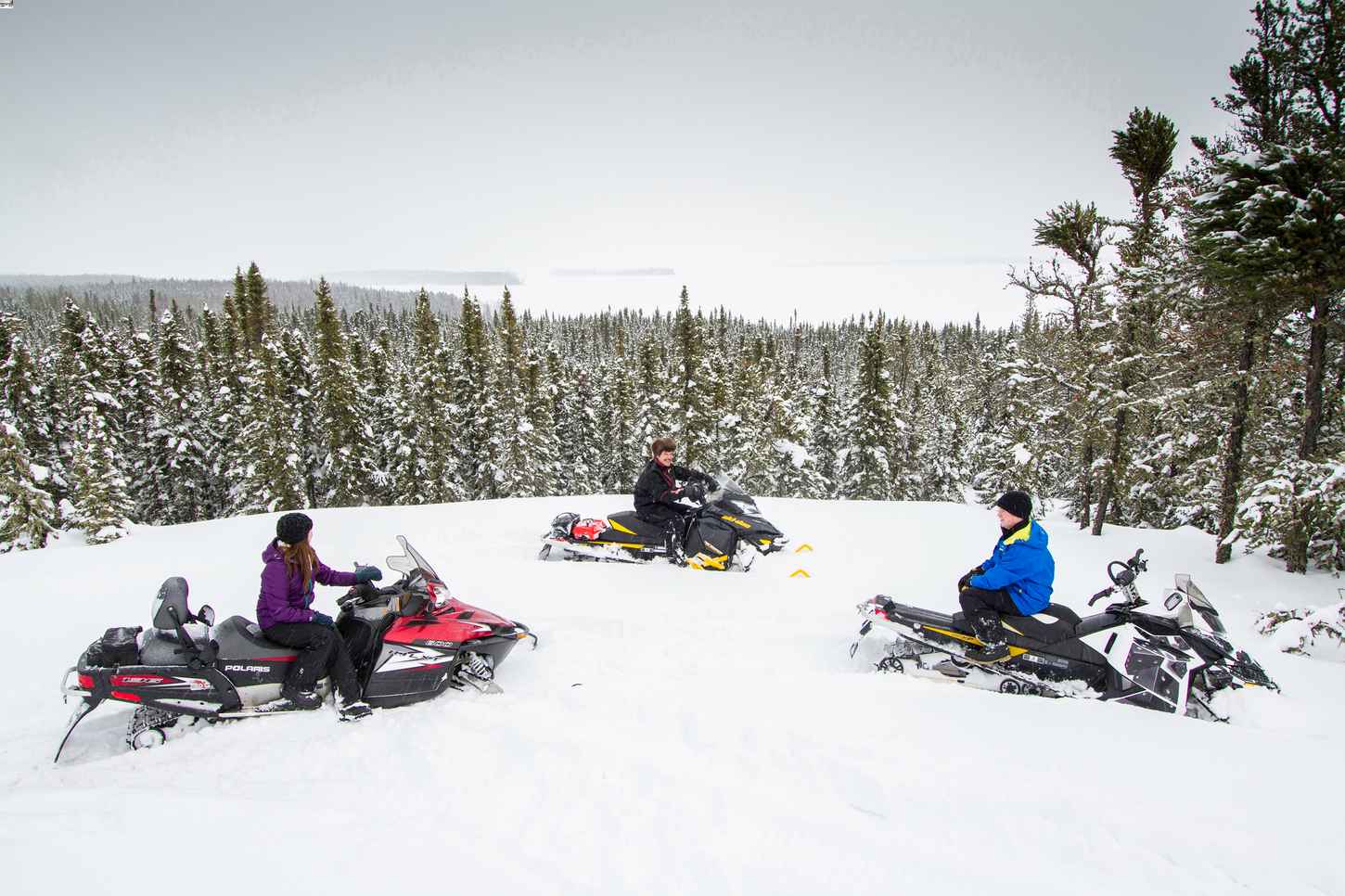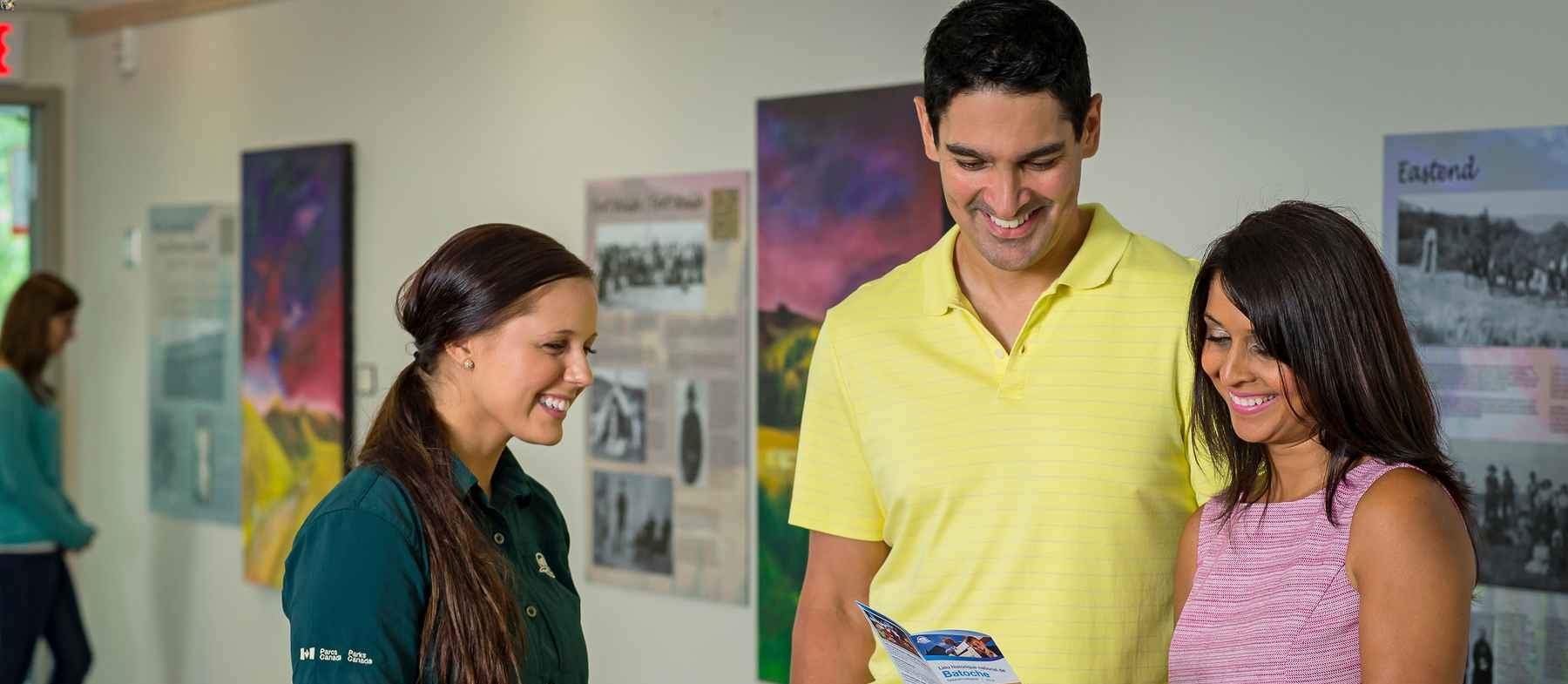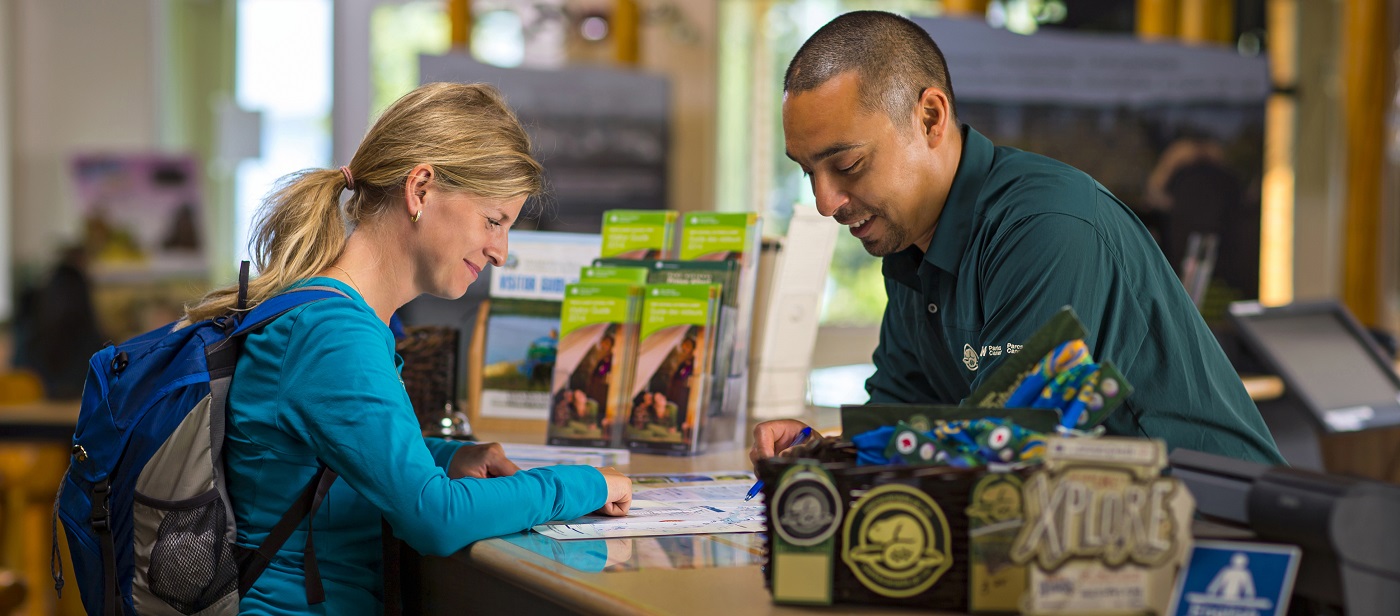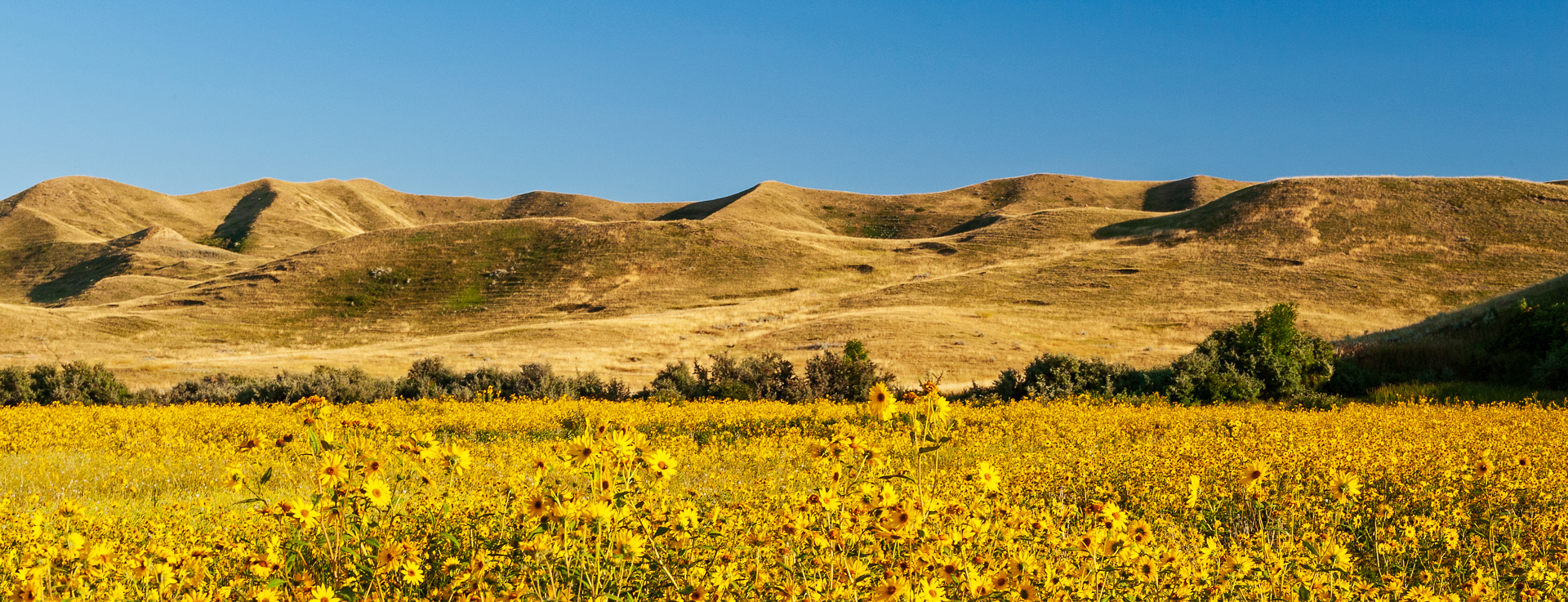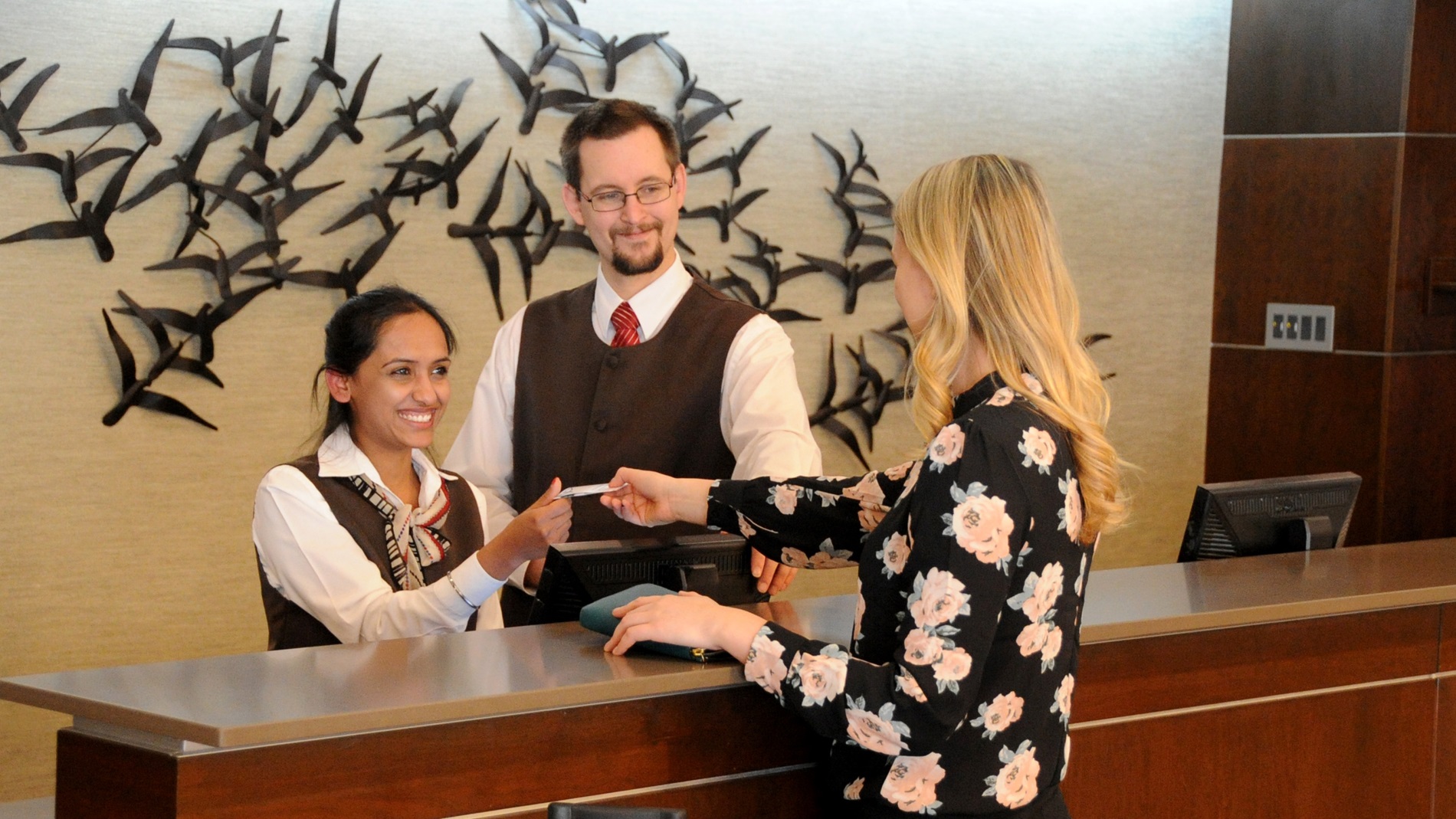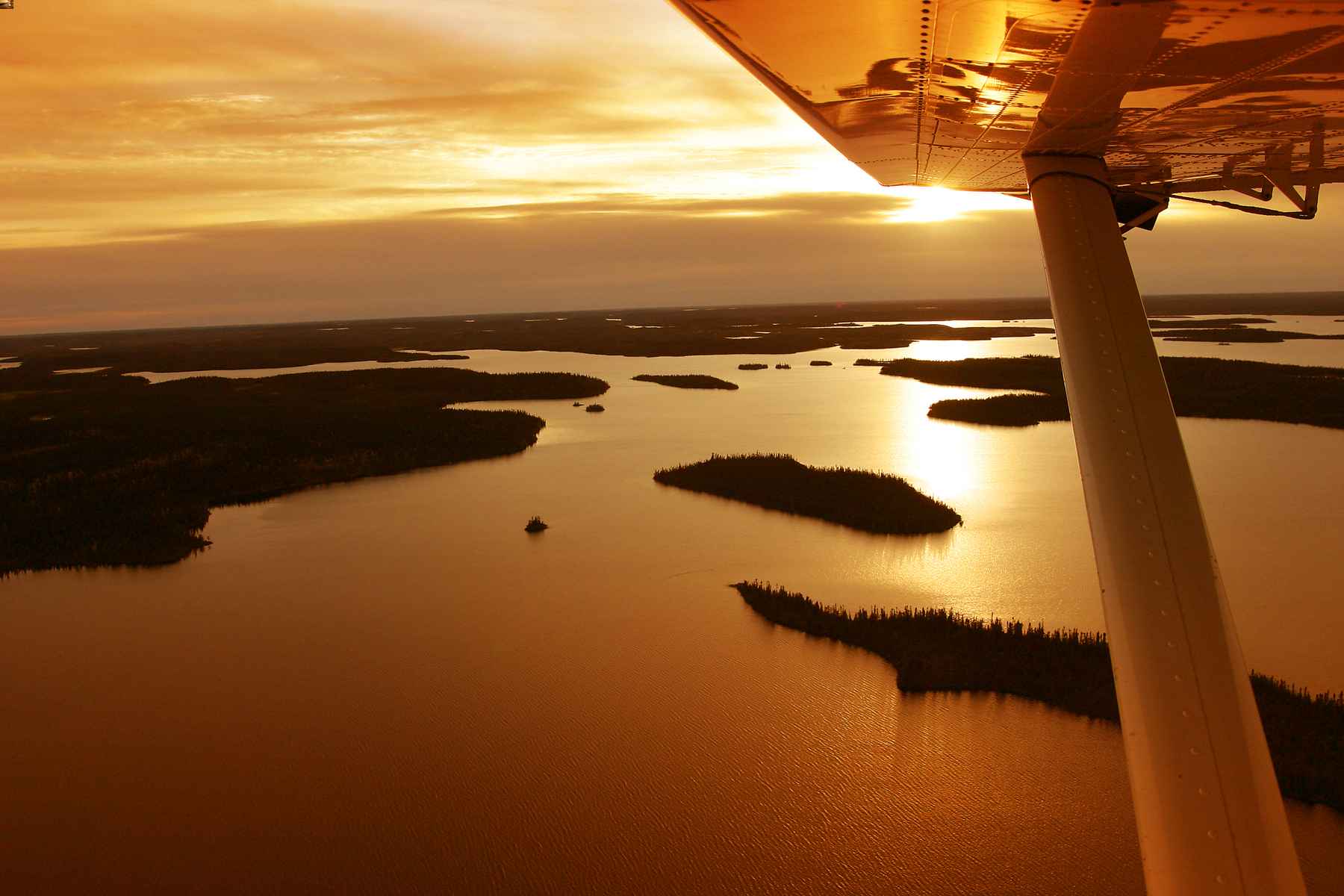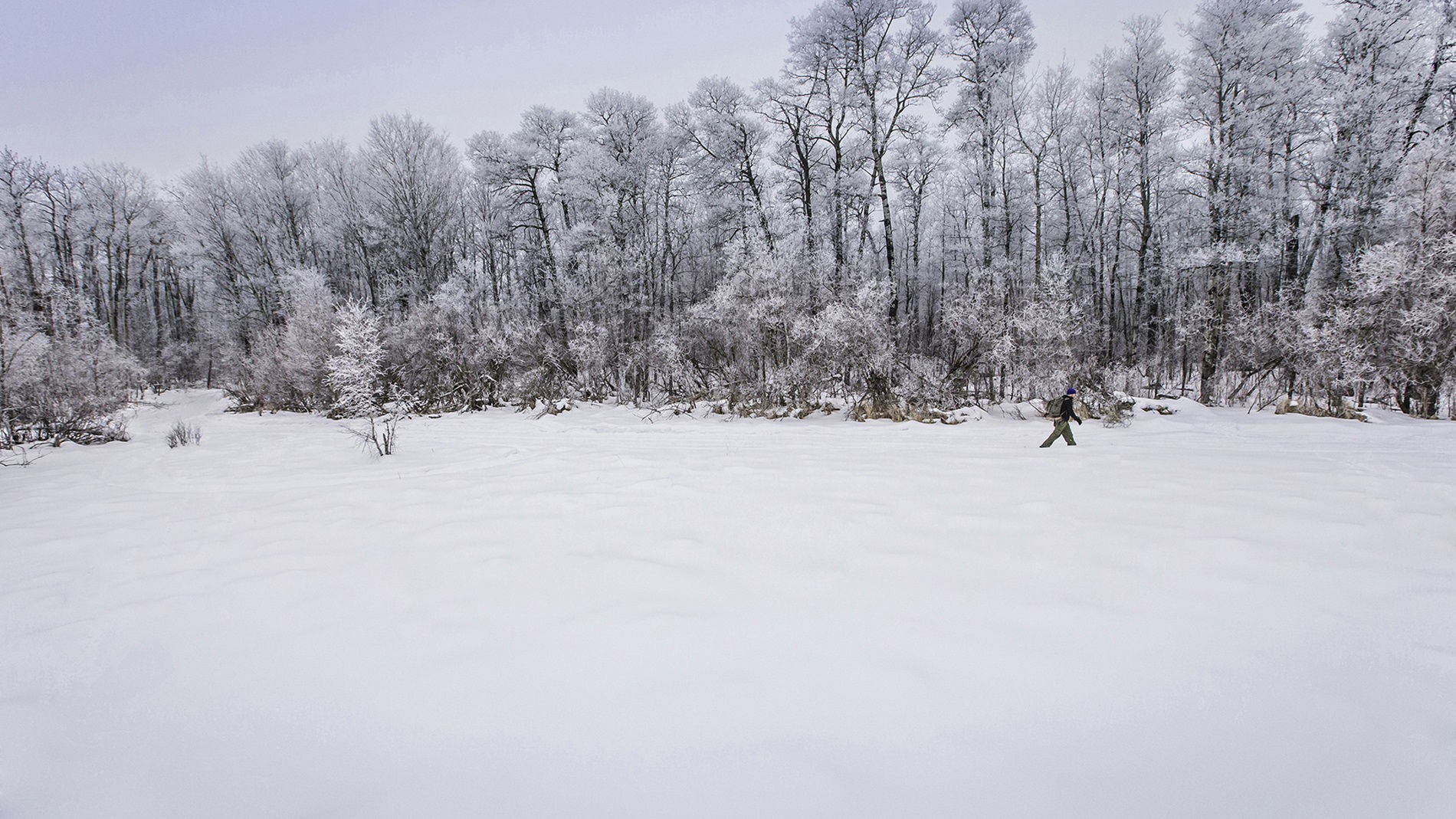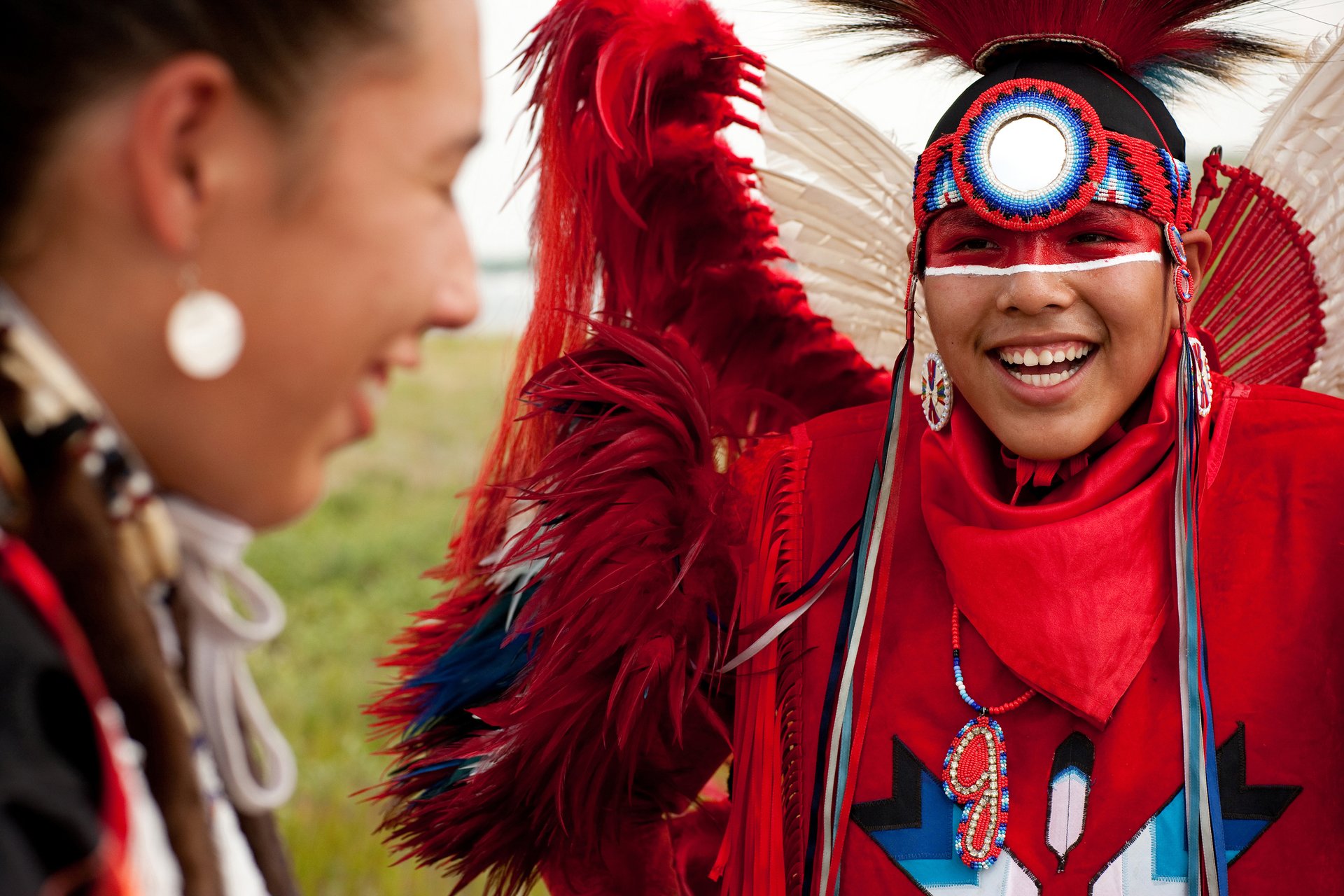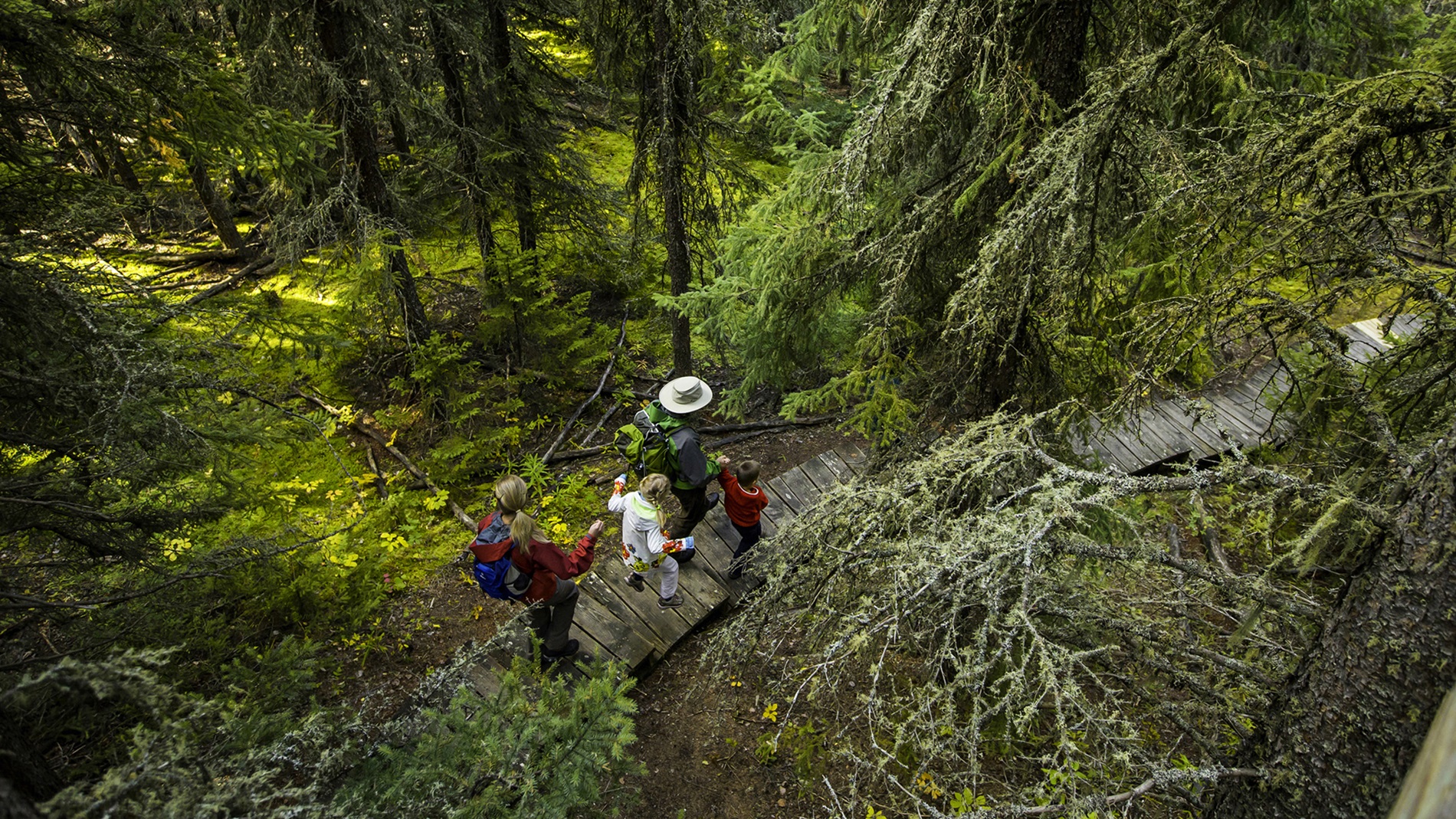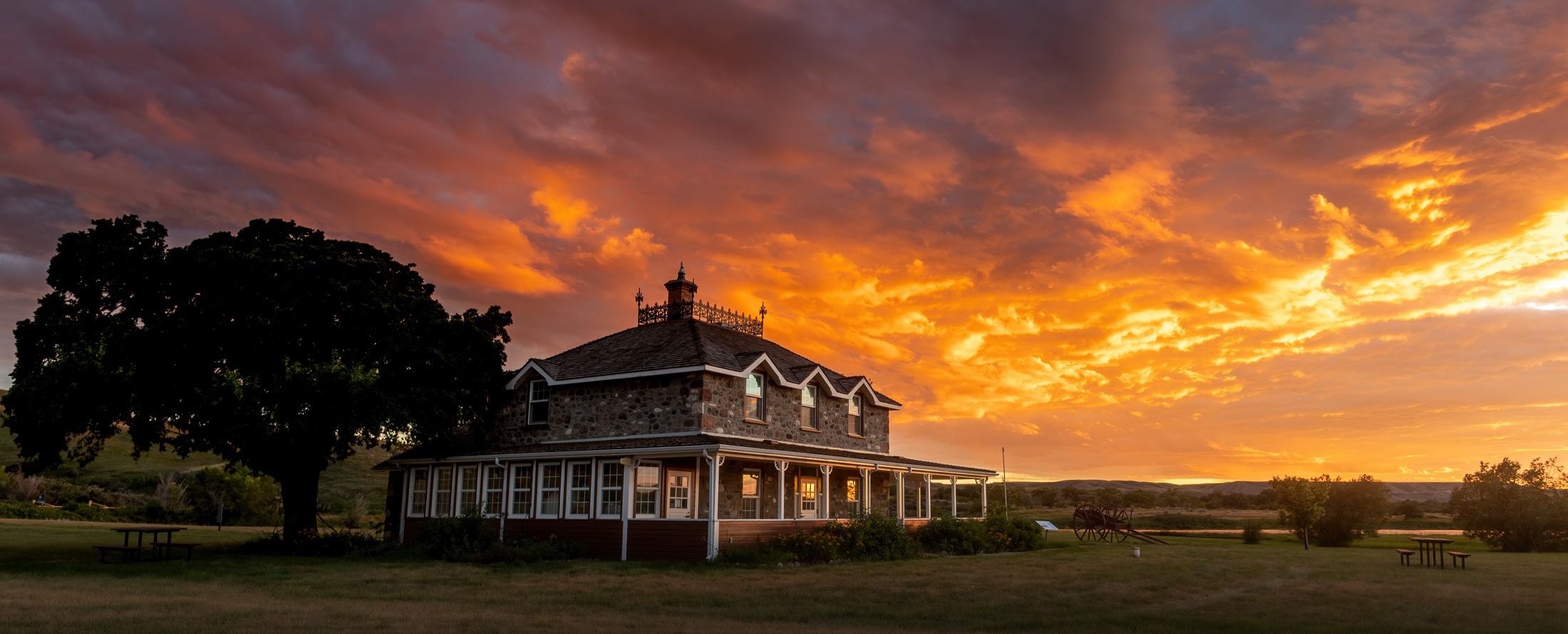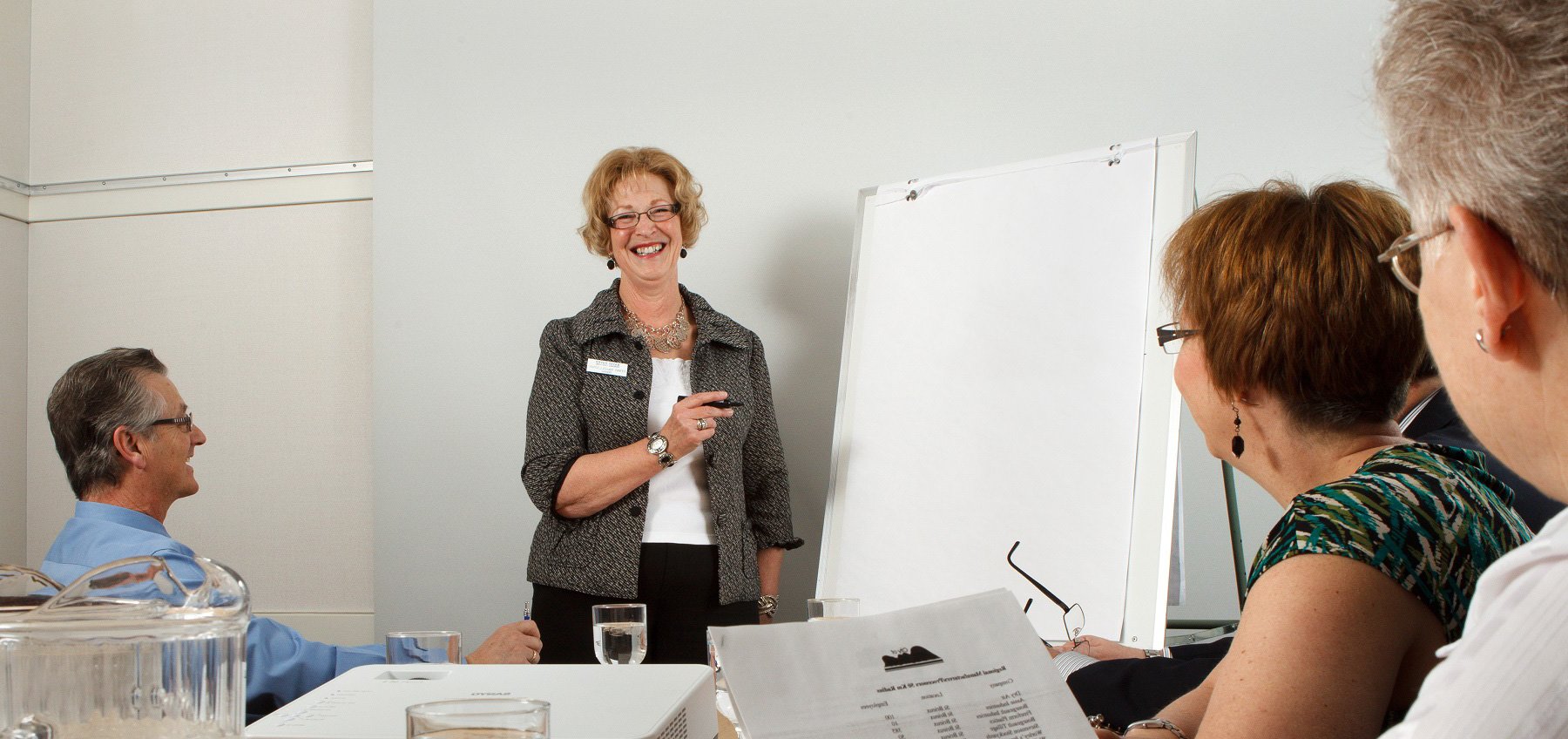You may be interested in seeing tourism developed and promoted in your community. However, is there a desire to do so on the part of local residents, businesses and the municipal council?
Show me information for:
1. Does the Community Want Tourism?
You can find out by asking the municipal or First Nations government (mayor, chief, councillors and administration) whether the community has a tourism policy and whether they know of any groups that may be working to improve tourism.
Some communities have a stated policy, often as part of their Official Community Plan (OCP), that says tourism should be encouraged.
In many communities, there are groups or committees working on tourism development and promotion. You may already be a member of one of these. It is recommended that any such group seek the support of the local council.
The council has been elected to represent the views of the community. With the endorsement of the council, any group involved in tourism planning will gain credibility. In addition, the group may receive support services from the community to help develop and implement a tourism plan.
2. Developing a Tourism Policy
Let us assume that your community does not have a tourism policy and that no other group in your area is working to develop and improve tourism. If you want to initiate one, you could approach community leaders, including your municipal council, and request that they adopt a positive tourism policy and establish or endorse a tourism committee.
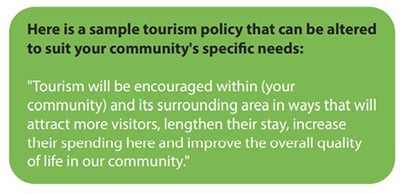 A positive tourism policy should be a concise statement of future support and encouragement for tourism in your community. Future support is referred to here because some communities may not be prepared for an increase in visitors. For instance, once the decision to become involved in this sector has been made, it may take time for some residents to become trained in tourism occupations. some investments in local infrastructure may also be necessary, such as improving the campground, rebuilding a boat launch, upgrading the cultural centre, etc.
A positive tourism policy should be a concise statement of future support and encouragement for tourism in your community. Future support is referred to here because some communities may not be prepared for an increase in visitors. For instance, once the decision to become involved in this sector has been made, it may take time for some residents to become trained in tourism occupations. some investments in local infrastructure may also be necessary, such as improving the campground, rebuilding a boat launch, upgrading the cultural centre, etc.
For formal recognition, this policy should form part of the Official Community Plan or be adopted as a resolution of your council.
3. Establishing a Tourism Committee
The recognition that a tourism plan is required usually comes in response to tourism-related pressures being experienced either by individual business people, event organizers, cultural interest, municipal staff or business and economic development organizations.
Periodically, an organization such as a chamber of commerce or a Destination Marketing Organization will already have a sub-committee dealing with tourism issues, and the opportunity to broaden their effectiveness by combining with other stakeholders in the community becomes apparent. Establishing a tourism committee for the community and district could involve the expansion of an existing committee or the creation of an entirely new group.
A tourism committee will ideally consist of a manageable number of members (usually eight to 12 people) representing a cross-section of tourism interests. It should be sanctioned by the municipal council, which should be responsible for producing and implementing the plan. In many communities, it will be desirable for council to actually pass a bylaw providing terms of reference for the tourism committee.
4. Representation on the Tourism Committee
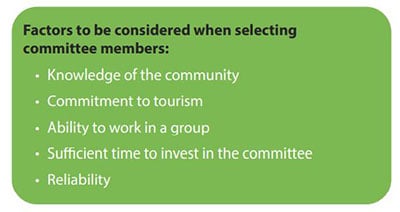 Inviting the right people is important to forming a successful and productive tourism committee. Members need to be committed to sharing the workload required to assemble the plan. It will take time and effort by a number of volunteers, and everyone will need to contribute.
Inviting the right people is important to forming a successful and productive tourism committee. Members need to be committed to sharing the workload required to assemble the plan. It will take time and effort by a number of volunteers, and everyone will need to contribute.
Consider representatives of different groups and interests. The following list of groups may already be engaged in tourism in some capacity and will have a vested interest in becoming part of an organized tourism committee:
- Tourism businesses such as hotels and campgrounds - they depend on revenues from visitors.
- Other businesses such as gift shops and grocery stores - they may not realize they are part of tourism, but they contribute to the visitor experience and may want to expand their customer base.
- Cultural groups that operate the local museum, music festival, dinner theatre, etc.
- Service clubs, which are volunteer driven, undertake community projects like constructing grass greens on the local golf course, upgrading the community campground, hosting curling bonspiels, providing scholarships for the music festival and sponsoring museum exhibits. Their members are dedicated to the community and, most often, understand resident pride and the importance of diversity and revitalization.
- Municipal governments are responsible for looking after the roads, water and sewer services and other infrastructure used by visitors. They are also responsible for issuing licences, making changes to property zoning and approving land sub-division, all of which affect tourism development.
- Economic development officers are employed by communities or Community Futures Development Corporations (CFDCs) and work towards improving the economy of the area. The promotion of tourism and leisure opportunities goes "hand-in-hand" with economic growth.
- Municipal recreation directors play a lead role in the success of recreational facilities and provision of services in communities throughout the province.
- Indigenous community representatives help to develop and manage opportunities to learn about local Indigenous culture and history. Consult your local tribal or band council for information on Elder protocol.
- Interested members of the general public help to ensure that the "quality of life" focus is not overlooked. Many are deeply invested in the community and can bring to the table skills and knowledge pertaining to a variety of topics such as local history, archaeology, photography, etc.
A diverse group, with individuals who exhibit the above qualities, will be well-suited to developing and implementing a tourism plan.

